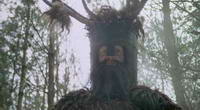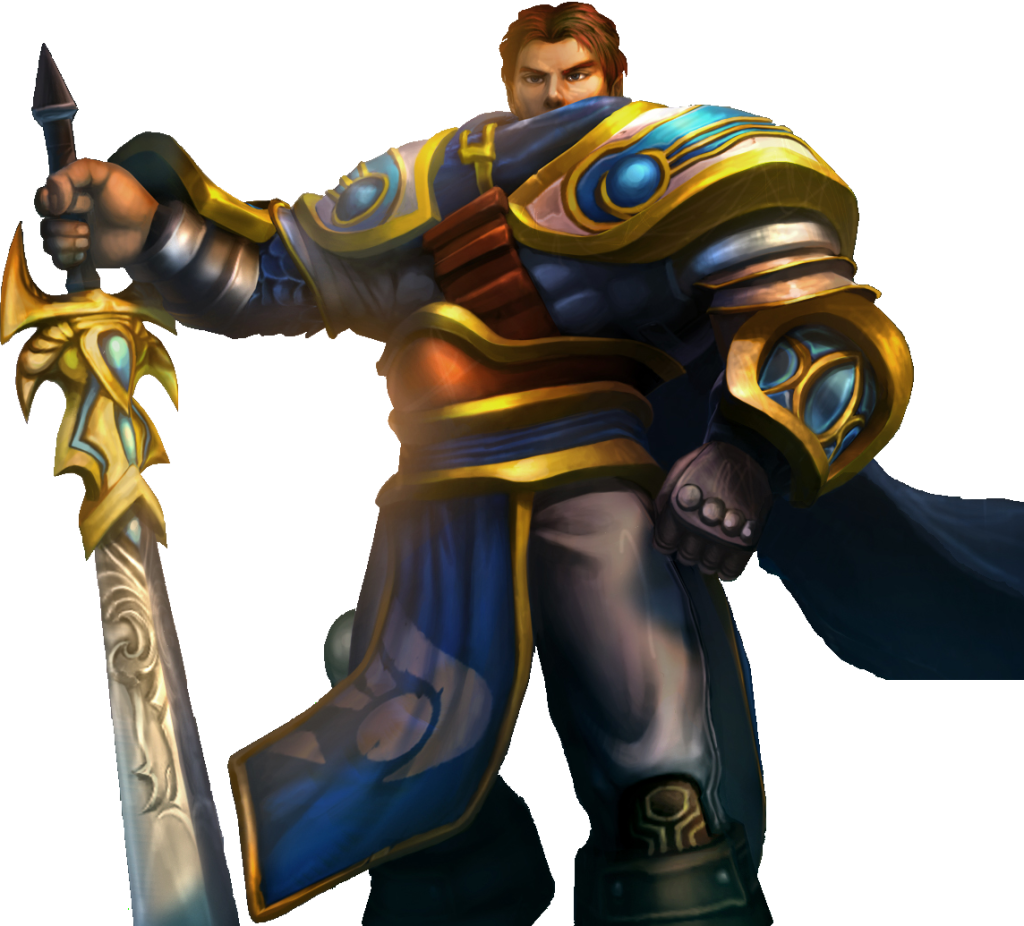Post by catplanetcatplanet on Dec 19, 2011 20:33:09 GMT -5
Flashback to TJRP. Several pages of lore that nobody read, half by Moogle and luke, half of which was useless. Let's change that, shall we?
Rule 1 of Writing Lore: Don't write it if you ain't gonna use it. All lore should explain something that happens/happened, someone you talk about, or a place that connects to your character.
Most short lore can be organized into one or more of the following categories:
-[CHAR] Character lore. This kind of lore tells a story that centers around a single character. An example is catplanet's Sea Monster. This lore describes an in-RP character that immediately influenced not only cat's bio, but also that of Scud. (Good lore builds.)
-[EVENT] Event lore. This kind of lore, obviously, describes an event or several events. Although most lore (with exceptions) include events, event lore is generally centered around a single one. For example, a piece that describes several battles could be event lore for a war. If you write event lore, please try to reference the event IC. (More on this further down.)
-[PLACE] Place lore. This kind of lore describes location. The best place lore gives backstory and personality to the location. One example is zomgman's writings about Esla, the floating prison. This is a good example because it was also implemented in his bio. It would be best if Elsa could make an appearance later in the server's life.
-[REFER] Reference lore. Rather than tell a single story, reference lore serves to describe a subject or subjects in detail. The best example is Umune's Demonicon. The FAQ is a useful addition that lets people adjust their characters accordingly.
-[GROUP] Faction/organization lore. Creation of various groups is popular on this server, accompanied by backstory. This often encompasses [EVENT], [CHAR], and/or [PLACE], and can even be considered [REFER]. This tag covers all cases. [GROUP] should never be used in conjunction with another tag, even [REFER]. [GROUP] is not appropriate if the group in question only supports the plot of the lore. [GROUP] should not be used for entire races; the correct tag in this situation is [REFER]. See The Traveler's Guild by Clue314 for an example.
Some lore fits into several categories. An example is The Island by Splamzloard; this lore both describes a character (Thomas) and a place (the island).
More on Writing Lore: What do you want to write about? Try writing a character bio for a non-player character. Record-keeping of these characters is important.
Guidelines on Using Lore IC: Don't be a know-it all. It helps a LOT for one to have some sort of lore IC; for example, Catplanet and Scud both know about the Sea Monster IC. But not everyone knows about Elsa. The big thing lore can help with is not saying stupid things (esp. reference lore). You can't see disguised demons, Cat!
(Incomplete.)
Also, splamz, it would be nice to write about that king from where you came from. That would be good lore.
Rule 1 of Writing Lore: Don't write it if you ain't gonna use it. All lore should explain something that happens/happened, someone you talk about, or a place that connects to your character.
Most short lore can be organized into one or more of the following categories:
-[CHAR] Character lore. This kind of lore tells a story that centers around a single character. An example is catplanet's Sea Monster. This lore describes an in-RP character that immediately influenced not only cat's bio, but also that of Scud. (Good lore builds.)
-[EVENT] Event lore. This kind of lore, obviously, describes an event or several events. Although most lore (with exceptions) include events, event lore is generally centered around a single one. For example, a piece that describes several battles could be event lore for a war. If you write event lore, please try to reference the event IC. (More on this further down.)
-[PLACE] Place lore. This kind of lore describes location. The best place lore gives backstory and personality to the location. One example is zomgman's writings about Esla, the floating prison. This is a good example because it was also implemented in his bio. It would be best if Elsa could make an appearance later in the server's life.
-[REFER] Reference lore. Rather than tell a single story, reference lore serves to describe a subject or subjects in detail. The best example is Umune's Demonicon. The FAQ is a useful addition that lets people adjust their characters accordingly.
-[GROUP] Faction/organization lore. Creation of various groups is popular on this server, accompanied by backstory. This often encompasses [EVENT], [CHAR], and/or [PLACE], and can even be considered [REFER]. This tag covers all cases. [GROUP] should never be used in conjunction with another tag, even [REFER]. [GROUP] is not appropriate if the group in question only supports the plot of the lore. [GROUP] should not be used for entire races; the correct tag in this situation is [REFER]. See The Traveler's Guild by Clue314 for an example.
Some lore fits into several categories. An example is The Island by Splamzloard; this lore both describes a character (Thomas) and a place (the island).
More on Writing Lore: What do you want to write about? Try writing a character bio for a non-player character. Record-keeping of these characters is important.
Guidelines on Using Lore IC: Don't be a know-it all. It helps a LOT for one to have some sort of lore IC; for example, Catplanet and Scud both know about the Sea Monster IC. But not everyone knows about Elsa. The big thing lore can help with is not saying stupid things (esp. reference lore). You can't see disguised demons, Cat!
(Incomplete.)
Also, splamz, it would be nice to write about that king from where you came from. That would be good lore.







